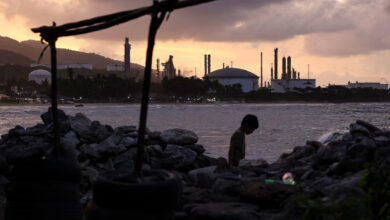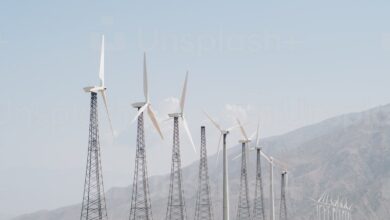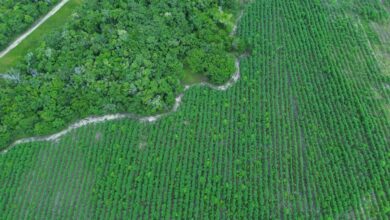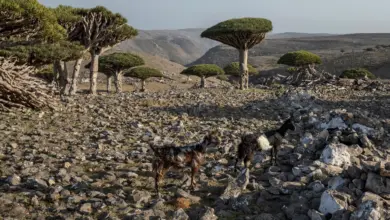Brazil on Wednesday announced the creation of an emergency task force to fight against the deforestation of the Amazon, after a sharp increase in forest destruction in March and April.
The two-month total of 593 square kilometers deforested represents a six-fold increase compared to the same period last year, according to official statistics.
The office will be comprised of government experts and representatives of states badly impacted by recent deforestation, according to Environment Minister Izabella Teixeira, who announced the office at a press conference.
"Our goal is to stifle deforestation," Teixeira said. "And we are going to do it by July."
In the Amazon state of Mato Grosso alone, 480 square kilometers of forest were destroyed in two months, according to official statistics based on satellite images. The land is used for cattle and soybean farming.
Teixeira said those responsible for illegal deforesting will have their cattle seized.
Officials in Mato Grosso are investigating how so much land was destroyed in their central-western state, Teixeira added.
Brazil, the world's fifth largest country by area, has 5.3 million square kilometers of jungle and forests – mostly in the Amazon river basin – of which only 1.7 million are under state protection. The rest is in private hands, or its ownership is undefined.
Massive deforestation has made Brazil one of the world's top greenhouse gas emitters.
But the pace of deforestation peaked in 2004 at 27,000 square kilometers a year, and in 2010 it dropped to 6,500 square kilometers.
The announcement comes as Brazil's Congress debates a bill that has sparked clashes between environmentalists and supporters of farmers and ranchers over how to regulate the country's vast but vulnerable wilderness.
At issue is a reform of the 1965 law regulating forestry. The current law forces land owners that have forest on their property to keep part of it intact.
A reform is being pushed by Brazil's powerful agribusiness sector, which is chafing under the country's strict environmental rules.
Brazil is a major world exporter of grains – including wheat, rice and corn – as well as soybeans, coffee and beef, and posted record exports worth $80 billion over the past 12 months, according to recent government figures.
The government hopes the proposed reform would force private owners to re-forest land they have already destroyed.
Debate has created splits across the political spectrum, and President Dilma Rousseff's control over her party on the issue appears in question.
Rousseff pledged during her campaign to make no concessions that would result in further deforestation or threaten Brazil's international environmental commitments.




